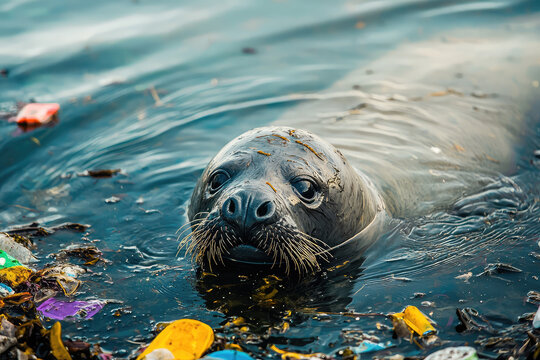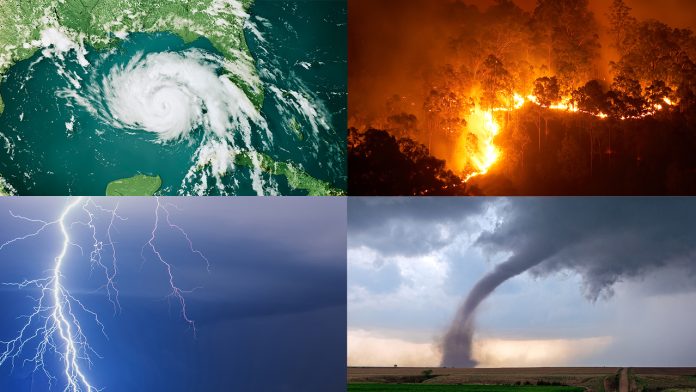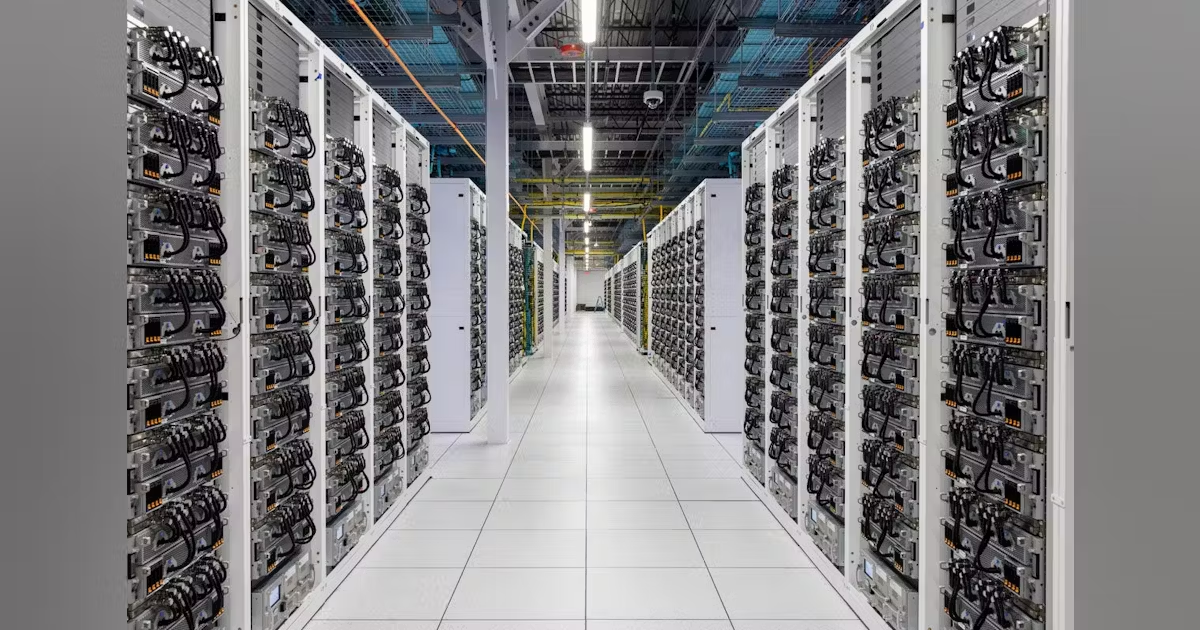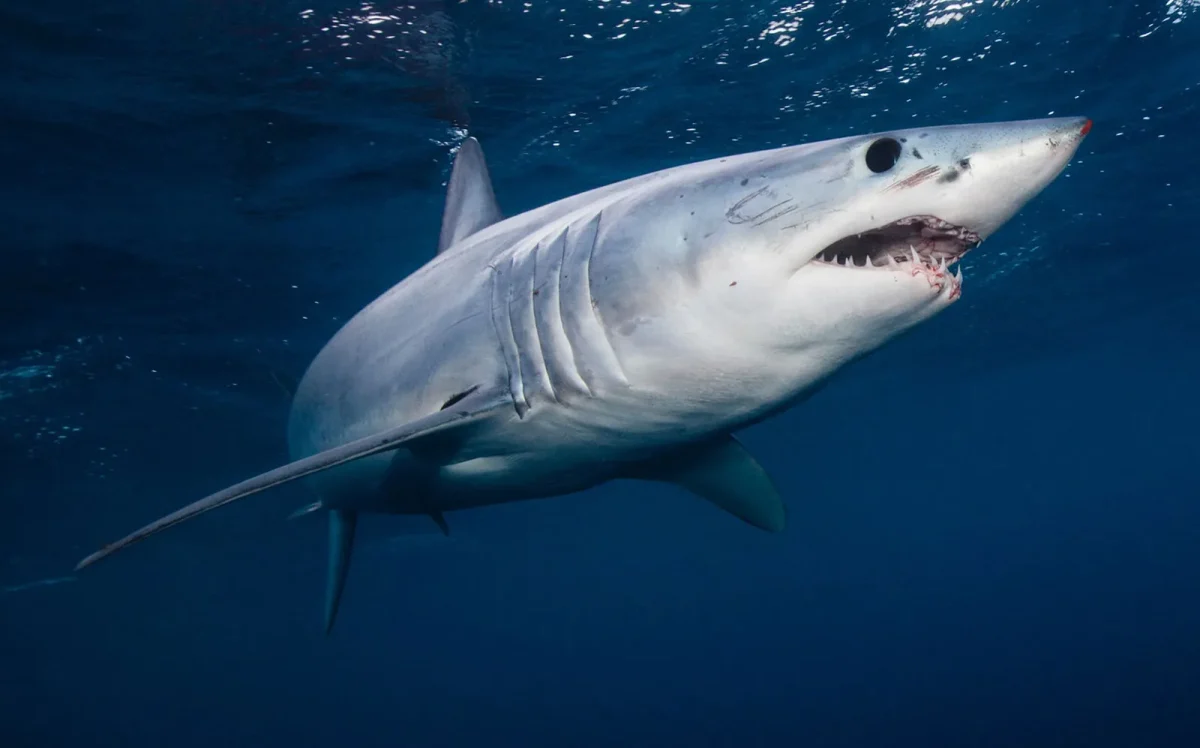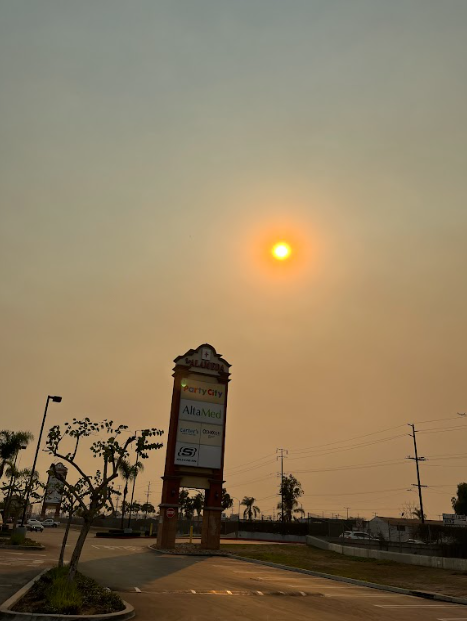Ocean pollution has become one of the most censorius (critical) environmental issues of our time, significantly affecting marine life and ecosystems. With increasing human activity, pollutants such as plastic, chemicals, and untreated sewage have made their way into the oceans, creating a deadly environment for marine species. The effects of ocean pollution are entirely vast, ranging from the death of ocean animals to long-term damage to entire ecosystems and sea animals, disrupting the delicate balance of life beneath the waves.
-
Plastic pollution and marine life
One of the most significant contributors to ocean pollution is plastic. According to the United Nations, around 8 million tons of plastic end up in the ocean each year, wreaking havoc on marine life (United Nations). Marine animals often mistake plastic debris for food, leading to ingestion. This can result in choking, malnutrition, and even death. For instance, sea turtles are known to ingest plastic bags, mistaking them for jellyfish, which is a key part of their diet. Plastic also breaks down into smaller particles known as microplastics, which enter the food chain as marine creatures consume them. A study published in Science Advances suggests that by 2050, there could be more plastic in the ocean by weight than fish. This poses a serious threat not only to marine life but also to humans, who consume seafood contaminated with plastic.
-
Chemical pollution and its effects
Another significant form of pollution affecting oceans is chemical pollution. Toxic substances such as pesticides, heavy metals, and oil spills are often released into the water, either through industrial runoff or accidents. Chemicals like mercury and polychlorinated biphenyls (PCBs) can accumulate in the bodies of marine organisms and travel up the food chain, affecting predators, including humans. In particular, fish such as tuna and swordfish are known to accumulate high levels of mercury, which can have detrimental effects on their health and on the health of humans who consume them. Oil spills, such as the infamous BP Deepwater Horizon spill in, have devastating short-term and long-term effects on marine ecosystems. The spill caused the death of thousands of marine animals and severely disrupted the habitats of marine species, particularly in the Gulf of Mexico. https://www.fisheries.noaa.gov/
-
The impact on marine habitats
Pollution is also having a significant effect on marine habitats, particularly coral reefs. Coral reefs are highly sensitive to changes in water quality, temperature, and acidity. Ocean pollution, including agricultural runoff containing fertilizers, causes nutrient loading in coastal waters. This leads to algal blooms, which block sunlight from reaching the coral, preventing it from photosynthesizing and leading to coral bleaching. The Great Barrier Reef, for instance, has been severely impacted by bleaching events in recent years, threatening the biodiversity of the reef and the many species that depend on it for survival (2017).
-
The forever effect for marine species
The long-term effects of ocean pollution on marine life are profound. Polluted oceans disrupt reproductive cycles, alter species distributions, and reduce biodiversity. The damage to marine ecosystems can take years, if not decades, to reverse. The loss of biodiversity affects the entire marine food web, threatening the survival of not only marine species but also human populations that rely on the ocean for food and income.in conclusion, ocean pollution is having a devastating effect on marine life. From plastic and chemical pollution to the destruction of habitats, the impact is far-reaching and often irreversible. If not addressed, the continued degradation of ocean ecosystems will have serious consequences, not only for marine species but for humanity as well. To protect marine life and the health of our oceans, it is crucial that immediate and sustained action is taken to reduce pollution, regulate industrial waste, and promote conservation efforts globally.
